Picture Of The Day - February 3, 2019 - (Very Late Post)

Picture of the day - February 3, 2019 - (Very late post)
Stormy atmosphere of a gas giant.
More Posts from Sharkspaceengine and Others

Picture of the day - January 3, 2019
Desert-like moon orbiting a large gas giant. This is the same world as the skylines from the previous post.

Picture of the day - November 14, 2018
Twin suns begin rising over an airless Mercury-Like planet.
I am on Pillowfort if my blog disappears tomorrow.
sharkspaceengine on Pillowfort.
I doubt my blog with disappear, but just in case, the link is above. BTW I am participating in the Tumblr boycott, so I will be back on Tuesday.

2018 September 16
A Solar Filament Erupts Image Credit: NASA’s GSFC, SDO AIA Team
Explanation: What’s happened to our Sun? Nothing very unusual – it just threw a filament. Toward the middle of 2012, a long standing solar filament suddenly erupted into space producing an energetic Coronal Mass Ejection (CME). The filament had been held up for days by the Sun’s ever changing magnetic field and the timing of the eruption was unexpected. Watched closely by the Sun-orbiting Solar Dynamics Observatory, the resulting explosion shot electrons and ions into the Solar System, some of which arrived at Earth three days later and impacted Earth’s magnetosphere, causing visible aurorae. Loops of plasma surrounding an active region can be seen above the erupting filament in the featured ultraviolet image. Although the Sun is now in a relatively inactive state of its 11-year cycle, unexpected holes have opened in the Sun’s corona allowing an excess of charged particles to stream into space. As before, these charged particles are creating auroras.
∞ Source: apod.nasa.gov/apod/ap180916.html





Pictures of the Day - December 31, 2018
Here I come a across a massive Super-Jovian gas giant. The planet is close to the boundary line with a brown dwarf and has a mass of more than 11 times that of Jupiter. It orbits a hot B-Type star that is part of a binary system consisting of a B type main sequence star and a blue supergiant. The system is located just outside of a globular cluster.
Monstrous storms rage across the planet’s atmosphere, powered not just from the warmth of two luminous suns, but also from internally released heat. A well-structured ring system surrounds the planet along with 66 natural satellites, 6 of which larger than the planet Mercury, including 1 ocean moon larger than Earth that has its own ring system.
Space Engine System ID: RSC 5581-4-0-0-300 B3 to visit the planet in Space Engine.
Planet Stats:
Radius: 71,573.62 km (11.22 x Earth, 1.02 x Jupiter) Mass: 11.06 Jupiter Masses (3,515 x Earth) Orbital Distance: 11.43 AU Length of Year: 16.33 Years Length of Solar Day: 7 hours 56 mins Gravity: 27.90 g Temperature: 720 K (836°F) Atmosphere Composition: 92.7% Hydrogen, 6.88% Helium, 0.32% Methane, 0.10% Hydrogen Deuteride





Pictures of the day - December 19, 2018
Insight A System - Fourth Planet (Insight A-IV)
Insight A-IV is the fourth and largest planet orbiting Insight A. It is a large ice giant planet with a mass 41.38 times that of Earth and a diameter of 4.41 Earths. The planet has a hot atmosphere with a temperature of 297 F, which is dominated by hydrogen and helium. Additionally, a single large moon orbits the planet alongside 13 smaller asteroid-like satellites.
The planet orbits it’s sun at an average distance of 0.36 AU, completing an orbit once every 72.17 Earth Days. The planet is not tidally locked, but has a slow rotational rate of 288.70 Earth days, resulting in solar days that last 96.23 Earth days.
High Resolution Pictures
Insight A-IV
Stormy North Pole
Setting Sun
Crescents
View from the moon

Picture of the Day - January 26, 2019
Barren and battered worlds.









Pictures of the Day - November 7, 2018
Another Earth-Like world I have come across in the Large Magellanic Cloud Galaxy. This one has two moons and a rather cold surface with lots of ice covered mountains.
Space Engine System ID: RS 8475-2-6-170985-622 4
High Resolution Pics
From a distance
Closeup
Two moons
Icy Wasteland
Moonrises
Another double moon shot
The moons illuminating the night-side of the planet
Earth-rise
Earth and moon rise.
-
 wondermumbles liked this · 3 years ago
wondermumbles liked this · 3 years ago -
 zoccket reblogged this · 3 years ago
zoccket reblogged this · 3 years ago -
 zoccket liked this · 3 years ago
zoccket liked this · 3 years ago -
 bananagrl reblogged this · 6 years ago
bananagrl reblogged this · 6 years ago -
 uh-real-rocknrolla reblogged this · 6 years ago
uh-real-rocknrolla reblogged this · 6 years ago -
 westcityup liked this · 6 years ago
westcityup liked this · 6 years ago -
 windydesert reblogged this · 6 years ago
windydesert reblogged this · 6 years ago -
 rubynye liked this · 6 years ago
rubynye liked this · 6 years ago -
 windydesert liked this · 6 years ago
windydesert liked this · 6 years ago -
 echoplus reblogged this · 6 years ago
echoplus reblogged this · 6 years ago -
 echoplus liked this · 6 years ago
echoplus liked this · 6 years ago -
 sharkspaceengine reblogged this · 6 years ago
sharkspaceengine reblogged this · 6 years ago
My Space Engine Adventures, also any space related topic or news. www.spaceengine.org to download space engine. The game is free by the way. Please feel free to ask me anything, provide suggestions on systems to visit or post any space related topic.Check out my other blog https://bunsandsharks.tumblr.com for rabbit and shark blog.
294 posts

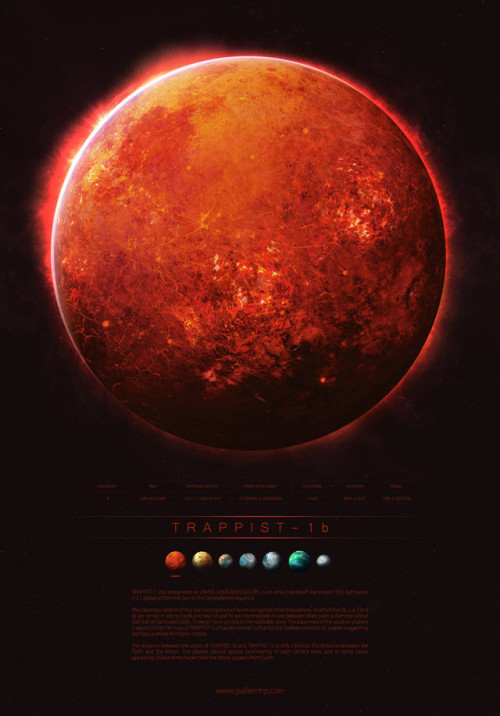
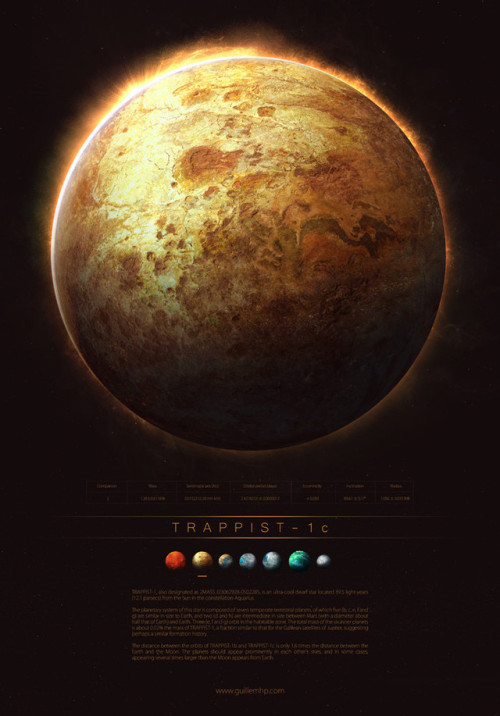
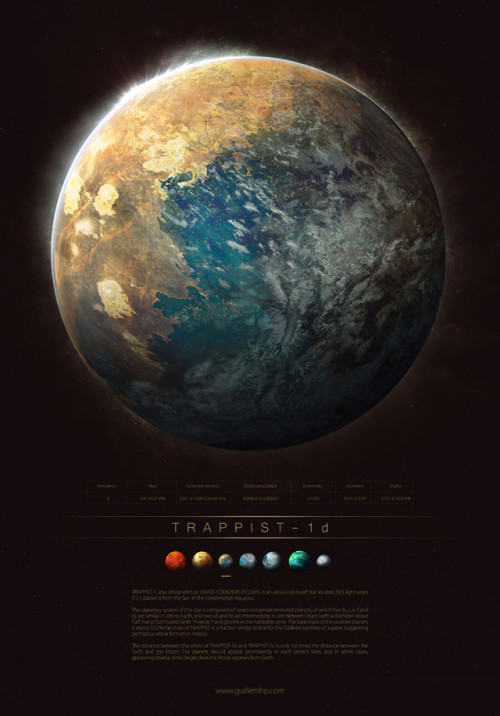
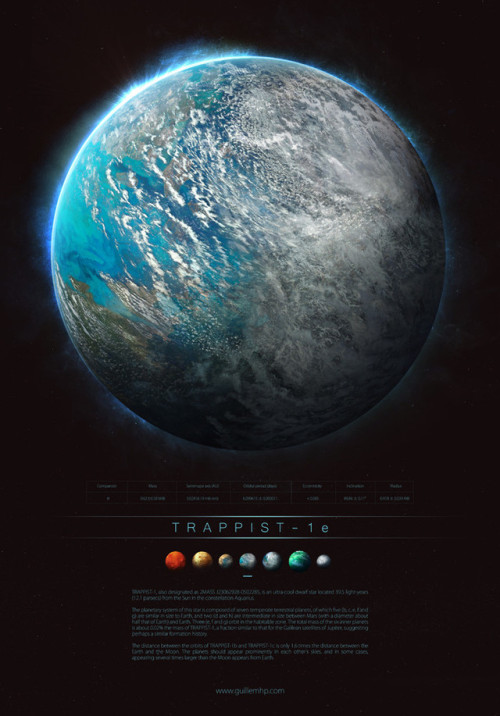
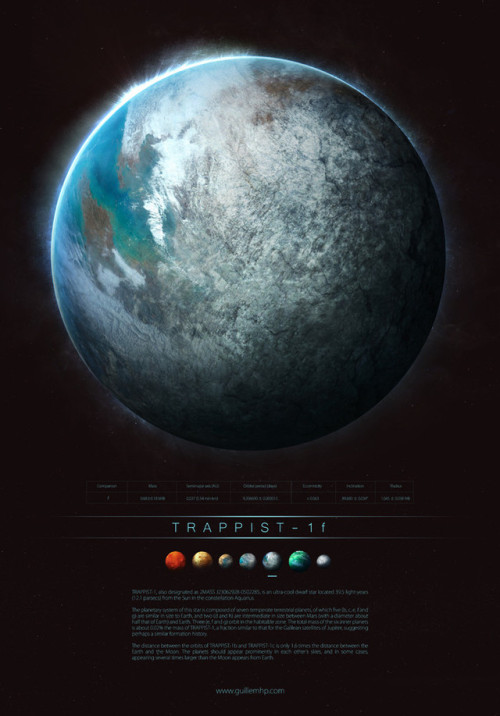

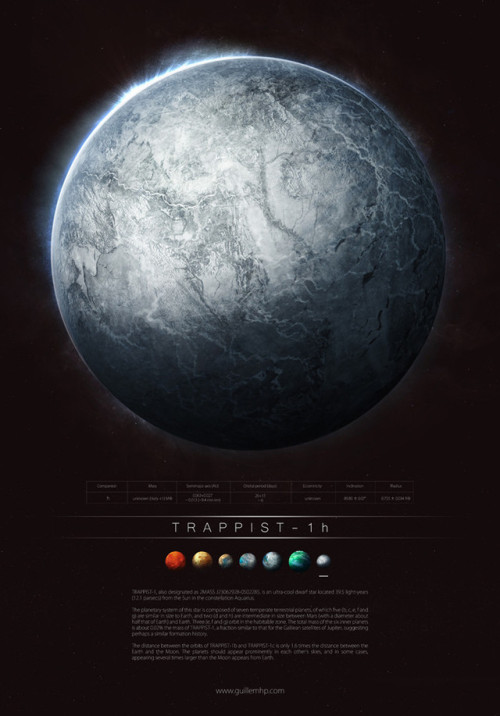
![Star Cluster Melotte 15 In The Heart Nebula [IC 1805]](https://64.media.tumblr.com/8b8ffde97e975e9cf7889e2625a4928f/tumblr_pf830p2BAC1vhj0upo1_500.jpg)